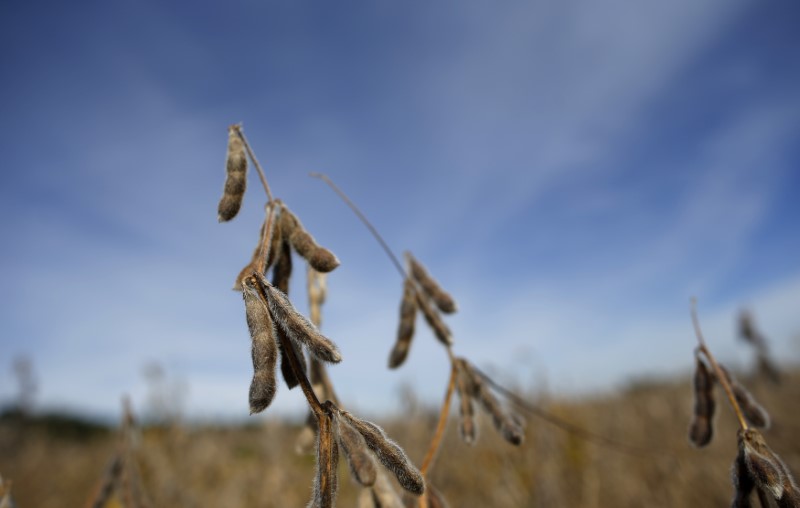© Reuters. An oil rig in Texas, photo from the Reuters archive.
by Laila Kearney
NEW YORK (Reuters) – It fell nearly $ 3 a barrel Wednesday after data showed U.S. crude oil inventories rose more-than-expected and amid fears that fuel demand could be dented by increased cases of COVID-19 in China, the world’s largest crude oil importer.
Crude oil futures fell $ 2.71, or 2.8 percent, to stand at $ 92.65 a barrel. US West Texas Intermediate crude futures fell $ 3.08, or 3.5 percent, to $ 85.83 a barrel.
Both benchmarks fell around 3% on Tuesday.
Data from the US Energy Information Administration showed that crude oil inventories increased by 3.9 million barrels last week to 440.8 million barrels as oil production increased, compared to the expectations of analysts interviewed by Reuters for an increase of 1.4 million barrels.
The Energy Information Administration said U.S. gasoline inventories dropped 900,000 barrels last week to 205.7 million barrels, compared to analysts’ expectations for a 1.1 million barrel decline. Stocks of distillates, which include diesel and fuel oil, fell by 500,000 barrels, less than expected.
Markets last week pinned their hopes on China moving towards easing Covid-19 restrictions, but earlier this week health officials said they are committed to a rigorous approach to contain the infection.
Cases of COVID-19 have increased in Guangzhou and other Chinese cities, with authorities asking millions of residents of the global manufacturing hub to undergo coronavirus tests on Wednesday.
The rise in the US dollar, which makes oil more expensive for buyers than holders of other currencies, negatively impacted crude oil prices. The dollar rose against most major currencies on Wednesday as the US midterm election results have shown less-than-expected progress so far for Republicans.
Meanwhile, concerns remain over the supply of crude oil.
The European Union will ban imports of Russian crude oil by December 5 and Russian oil products by February 5, in response to the Russian invasion of Ukraine.
(Prepared by Ahmed El-Sayed for the Arabic Bulletin – Edited by Mustafa Saleh)


